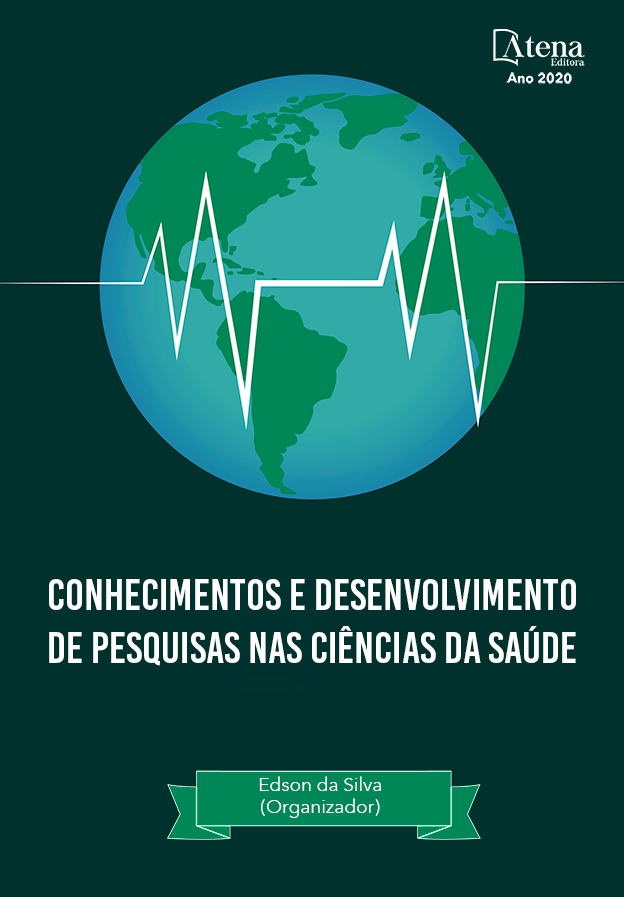
LESÃO POR PRESSÃO: A IMPORTÂNCIA DO PROTOCOLO PARA MINIMIZAR OS DANOS.
Introdução: O Ministério da Saúde indica a aplicação de Protocolos na Atenção Primária à Saúde (APS), com o objetivo de garantir a segurança do paciente e a qualidade da assistência. Entretanto, é notória a negligência de determinados profissionais de saúde na aplicação dos protocolos, o que prejudica a segurança do paciente e culmina com o surgimento das lesões por pressão (LPP). O contato com essa realidade motivou o desenvolvimento desse projeto, cujo objetivo é ressaltar a necessidade da aplicabilidade dos protocolos da APS em pacientes com restrição na movimentação locomotora. Metodologia: O projeto foi desenvolvido por discentes do curso de graduação em medicina do 3° período do Centro Universitário IMEPAC. No mês de abril de 2019, por dois dias, o referido grupo realizou visitas domiciliares (VD) a um paciente com LPP em estágio III e IV, em distintas localizações anatômicas, com a realização de técnicas de debridamento mecânico e curativos. Relato de Experiência: A história clínica do paciente acamado, segundo anamnese, evidenciava que a LPP foi uma complicação de uma hospitalização por dois meses devido a infartos, na qual não houve cumprimento das medidas preventivas. No exame físico identificou-se lesão em região occipital, necrose de liquefação na região sacral e necrose de coagulação no calcâneo esquerdo. A conduta terapêutica foi a realização de debridamento físico e químico, com uso de pomada colagenase com cloranfenicol, e aplicação de sulfatiazida de prata à 1% como agente cicatrizante e antimicrobiano, além da construção de um projeto terapêutico singular. Em visita posterior, o avanço da cicatrização foi notório. Considerações finais: Evidencia-se a importância do cumprimento do Protocolo de Prevenção de LPP para a garantia do princípio da beneficência do cuidado.
LESÃO POR PRESSÃO: A IMPORTÂNCIA DO PROTOCOLO PARA MINIMIZAR OS DANOS.
-
DOI: 10.22533/at.ed.8222025115
-
Palavras-chave: Lesão por Pressão, Protocolo de Prevenção de LPP, Atenção Primária à saúde, Integração ensino-serviço.
-
Keywords: Pressure Injury, Bedsores Prevention Protocol, Primary Health Care, servisse-teaching integration.
-
Abstract:
Introduction: The Health Ministry indicates the application of Protocols in Primary Health Care (PHC), with the objective of ensuring patient safety and the quality of care. However, the negligence of certain health professionals in the application of the protocols is notorious, which impairs the patient safety and culminates in the emergence of bedsores ( pressure ulcers ). Being face to face with this situation motivated the development of this project, whose objective is to highlight the need for the applicability of PHC protocols in patients with locomotor movement restriction. Methodology: The project was developed by students of the undergraduate medical course of the 3rd period of the Centro Universitário IMEPAC. In April 2019, for two days, the referred group carried out home visits (HV programs) to a patient with Bedsores in stages III and IV, in different anatomical locations, with the performance of mechanical debridement and dressing techniques. Experience report: The clinical history of the bedridden patient, according to anamnesis, showed that the bedsores were a complication of a hospitalization for two months due to heart attacks, in which the preventive measures were not complied with. On physical examination, injuries on the occipital region, liquefaction necrosis in the sacral region and coagulation necrosis on the left calcaneus were identified. The therapeutic approach was to perform physical and chemical debridement, using collagenase ointment with chloramphenicol, and applying 1% silver sulfadiazine as a healing and antimicrobial agent, in addition to building a unique therapeutic project. On a subsequent visit, the healing progress was noticeable. Final considerations: The importance of complying with the Bedsores Prevention Protocol is highlighted to guarantee the principle of beneficence of care.
-
Número de páginas: 6
- Mariana Ingrid Messias Gonçalves
- Maria Paula Yamaguti
- Maria Vitória de Paiva Novaes
- Mariane Resende David
- Matheus Araujo
- Rodrigo Alves Garcia
- Marcos Paulo de Souza


